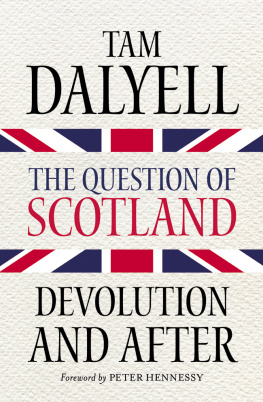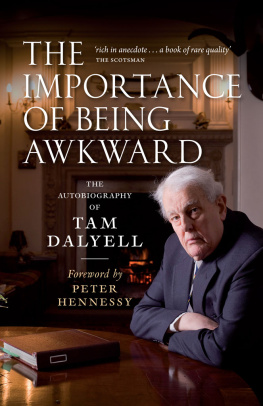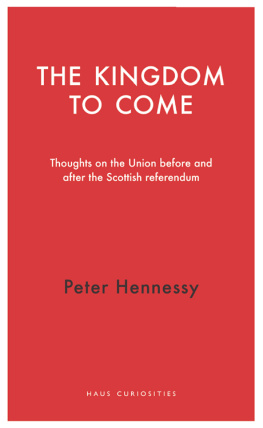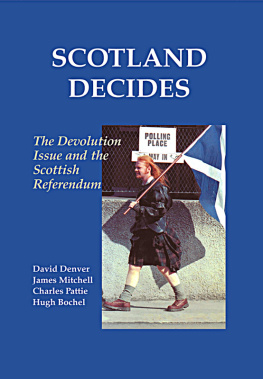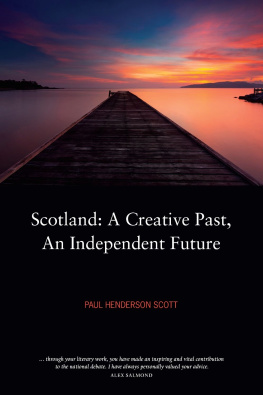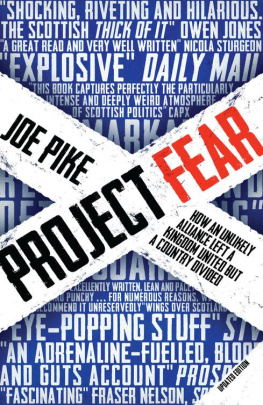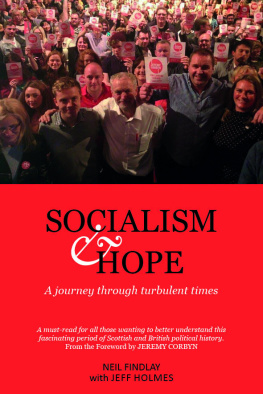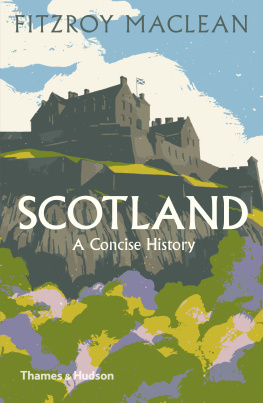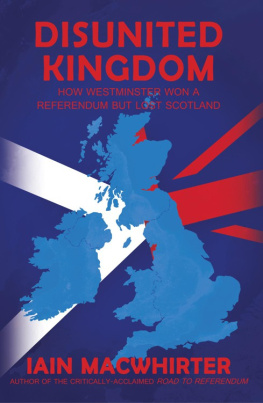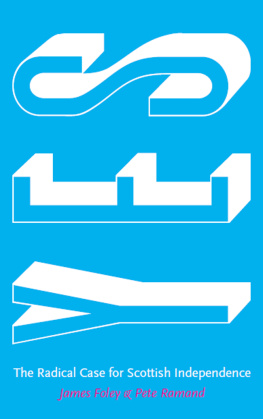First published in 2016 by
Birlinn Limited
West Newington House
10 Newington Road
Edinburgh
EH9 1QS
www.birlinn.co.uk
Copyright Tam Dalyell 2016
Foreword copyright Peter Hennessy 2016
Introduction Copyright Hugh Andrew 2016
The moral right of Tam Dalyell to be identified as the author of this work has been asserted by him in accordance with the Copyright, Designs and Patents Act 1988.
All rights reserved. No part of this publication may be reproduced, stored or transmitted in any form without the express written permission of the publisher.
ISBN: 978 1 78027 368 6
eISBN: 978 0 85790 890 2
British Library Cataloguing-in-Publication Data
A catalogue record for this book is available from the British Library
Typeset by 3btype.com
Printed and bound by Grafica Veneta (www.graficaveneta.com)
Acknowledgements
HUGH ANDREW, Managing Director of Birlinn, had the perceptive insight that this historical record would be of significance for those with an interest in the history of Britain between 1960 and 2015.
I extend my thanks to him for publishing this book; to Andrew Simmons, who guided it through the editorial process; and to Patricia Marshall, who copy-edited it.
Without the critical comment, love and support of my wife, Kathleen, over fifty-two years, such a book as The Question of Scotland could not, and indeed would not, have been written.
Tam Dalyell
The Binns
West Lothian
July 2016
Foreword
TAM. ONE WORD. Instant recognition. Its a characteristic he shares with Enoch (Powell) in another generation and Boris (Johnson) in the current one, though he is very different from the other two. In fact, Tam is different full-stop; a one-off. An aristocrat, a maverick, a Labour man and a unionist to his core, he perfected over his decades in the House of Commons a potent gift for using courtesy as a weapon.
There was no deadlier deployer of the parliamentary question, oral or written. And he wielded a famous supplementary for the hapless minister who had to take his oral ones on the floor of the chamber Why? The phrase without fear or favour could have been coined for him. A phone call from Tam is an event; a special occasion to be savoured.
The Question of Scotland is another special Dalyell solo. It provides a one-man spinal cord through a protracted and complicated story, the last act of which may be about to unfold as one of the multiple repercussive effects of the UKs decision to leave the European Union.
Within these pages lies much bounty for the political historian and the observer of British and Scottish politics. Tams diary entries can make even a meeting of the Scottish Labour Partys Executive Committee rise off the page. Linger, for example (chapter 5), on his account of such a meeting on 17 August 1974 between the two general elections of that year the occasion when Labours grain was cut towards devolution and, as Tam saw it, the first steps towards a sundering of the United Kingdom, the day, he wrote in his diary, when he felt the tartan curtain was falling all around us.
The Question of Scotland is also rich in character. Tam is a master of the biographical vignette. He brings out not just the Westminster and Whitehall anthropologies involved but also the now mightily shrivelled Scottish Labour movement its rhythms, its fault lines, the rivalries and the animosities of the men and women of the left who grew up during the 1930s slump or the 1940s World War and who helped shape the postwar years of mixed economy and welfare state.
I write these words but three days after the EU referendum result was declared with a palpable feeling that the United Kingdom which made me, shaped me and which commands my love and loyalty may now on a path to rupture. It makes Tams Postscript an almost unbearable read. Take a deep breath before you attempt it.
Peter Hennessy, FBA
Attlee Professor of Contemporary History,
Queen Mary, University of London
July 2016
Introduction
ONE OF THE leitmotifs of Tam Dalyells political life has been his passionate commitment to Britain and his deep understanding of the consequences of change in the constitutional arrangements of the country. However deep his feelings on the matter, he has retained a rare generosity of spirit and courtesy towards his political opponents of whatever stripe. Both this and his long career give him a depth of insight that few can match. This book is the story of how a series of short-sighted tactical adjustments, of personal feuds, of failures to comprehend an implacable and unrelenting opponent have led Britain to the edge of breakup. It is a story repeated by the struggle over Europe in British politics, a subject too on which Tam feels passionately.
His fervent and deeply held conviction that it is through partnership that we achieve progress has run like a thread through his life. It is an example from which much can be learnt in these troubled times. This book is not simply a history but a warning, a warning about what happens when we seek the quick fix over the principled solution, a warning about failure to understand the forces that lay siege to liberal democracy and to those who seek to co-opt those same forces for short term gain. Tam well understands with Edmund Burke that the displacement of a few stones can set off an avalanche of unknown consequence and duration. We would do well to ponder his words.
Hugh Andrew
A Man of the Union
IT IS BEST to be candid.
By ancestry, by conviction, by emotion and by the practical political and economic realities of the 21st century, I am a Man of the Union. Unionist is a term associated with the Tory Party and refers not to Scotland but to Ireland. I find Nationalism, in general, distasteful. As the late Willie Ross, Secretary of State for Scotland under Harold Wilson, once said, there are only two places for Scottish nationalism Hampden Park, Glasgow, and Murrayfield, Edinburgh.
It was my great-grandfather, twelve times removed, Mr Edward Bruce (died 1611), who was not only the Scottish Ambassador at the Court of St James, but, more importantly, the negotiator, on the Scottish side, as to who was to succeed Elizabeth of England. The Tudor court was, to put it mildly, not the simplest or safest of environments. Bruce negotiated, first of all, with Sir Francis Walsingham and, more particularly, his secretary, William Davidson, who had handled the execution of Mary, Queen of Scots. After Walsingham died, Bruce conferred with Lord Robert Cecil. As one can imagine, the whole issue was delicate in the extreme.
The Earl of Huntingdon had a sounder claim to the throne than the Scottish king. Moreover, Elizabeth did not countenance open discussions of her own demise, least of all in relation to James VI of Scotland, whose mother had been beheaded on her orders. But such was the skill and tact that Bruce displayed in the 1580s and 1590s that the transition in 1603 went smoothly. Bruce went to London in Jamess entourage, to become Master of the Rolls, actually a senior civil servant rather than a law officer. He, in turn, took Thomas Dalyell with him. This tough butter merchant and burgess of Edinburgh was his son-in-law who lived in Fetter Lane and he became one of the Hungrie Scots Scots who did well out of the fact that the Scottish king ascended the English throne. If you ask me how he made some of his money, the truth could be encapsulated in three words cash for honours.

